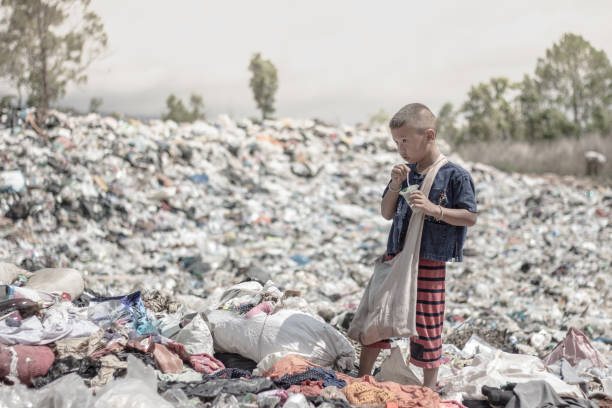"Solving the World's Greatest Challenges: Understanding the Issues and Finding Solutions"
Introduction: The world we live in is facing numerous challenges, from environmental degradation and climate change to social and economic inequality. In order to make a positive impact, it's essential that we understand these problems and work towards finding solutions.
Environmental Challenges: The health of our planet is under threat from various environmental issues such as deforestation, plastic pollution, and a loss of biodiversity. Climate change is one of the most pressing concerns, with rising global temperatures causing widespread damage to ecosystems, weather patterns, and human settlements.
Social Challenges: Inequality remains a persistent problem in our world, with many people struggling to access basic needs such as education, healthcare, and safe housing. Racism, discrimination, and prejudice also continue to divide societies and prevent progress.
Economic Challenges: The global economy is facing major challenges, including economic instability, income disparity, and unemployment. The COVID-19 pandemic has only compounded these issues, leaving millions of people struggling to make ends meet.
Working towards Solutions: While these challenges may seem insurmountable, there is hope. By coming together and working towards solutions, we can make a positive impact on the world. This might include supporting renewable energy sources, improving access to education, and promoting equality and inclusivity.
Conclusion: The challenges facing our planet are numerous and complex, but with the right mindset and actions, we can work towards a better future for all. Let's work together to find solutions and make the world a better place.


Comments
Post a Comment